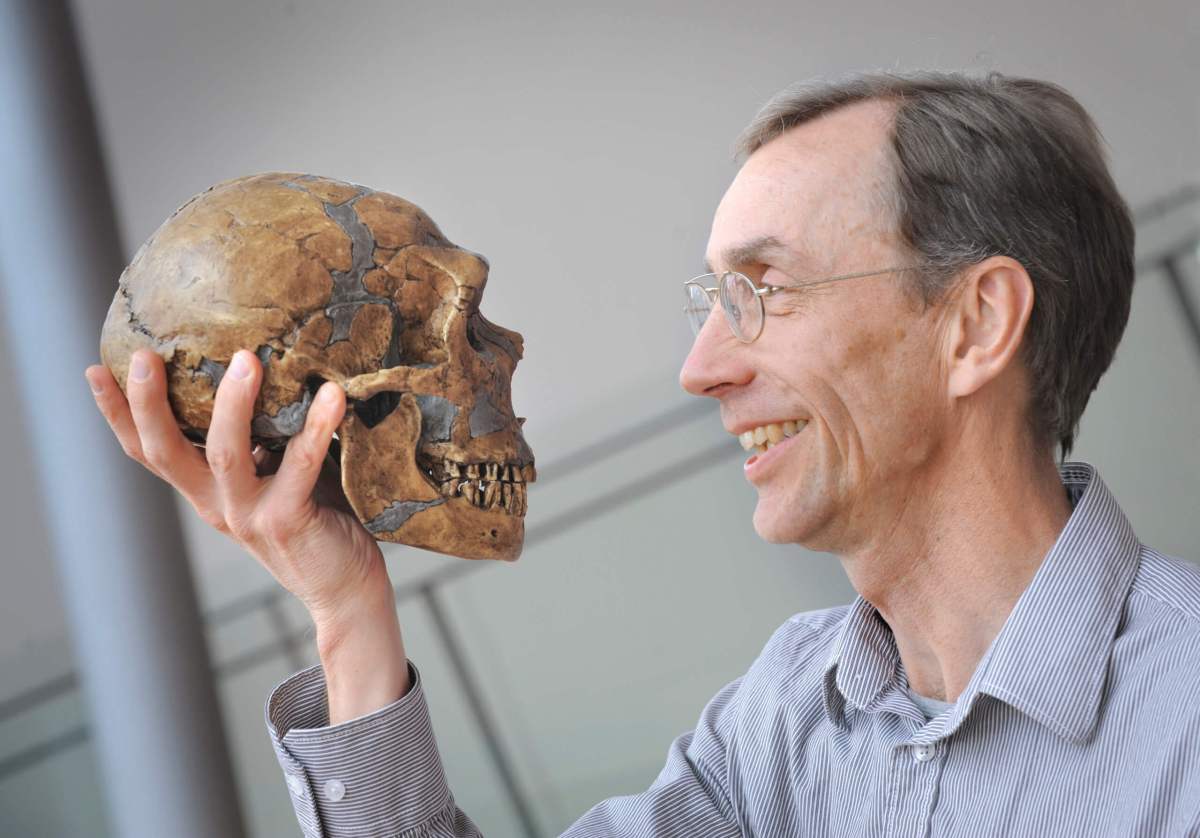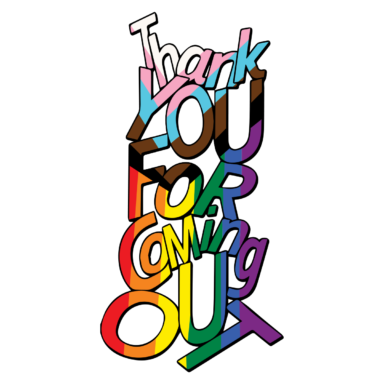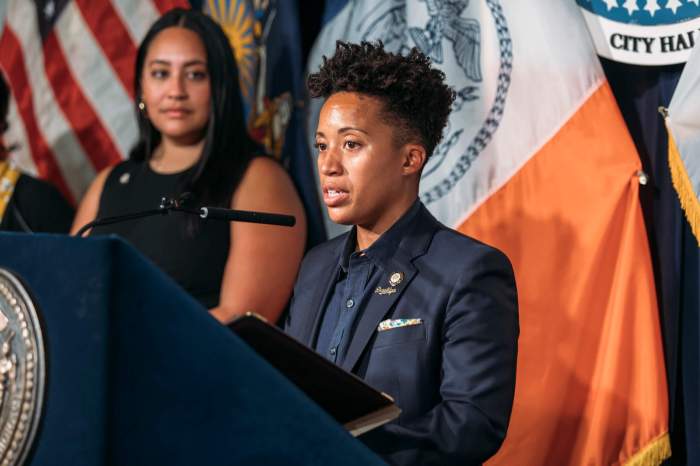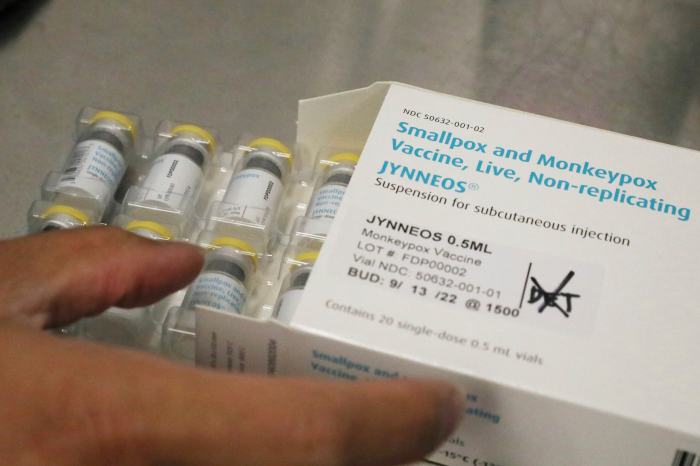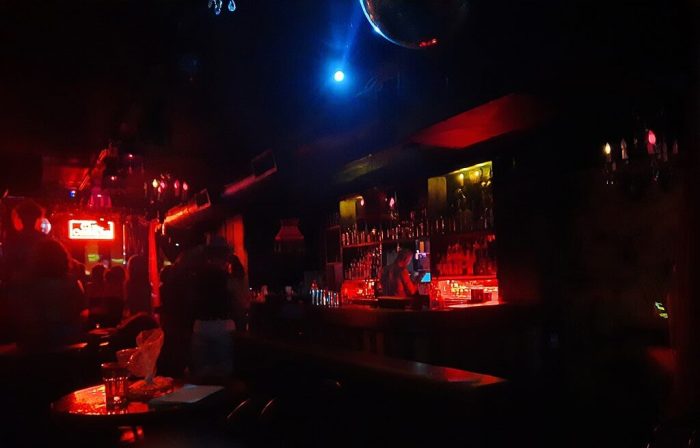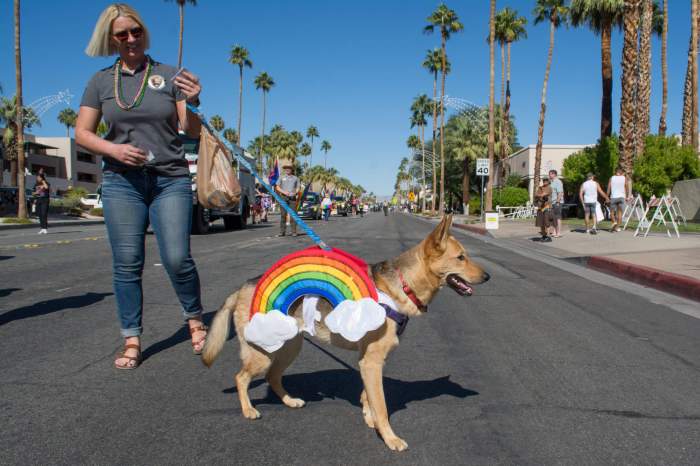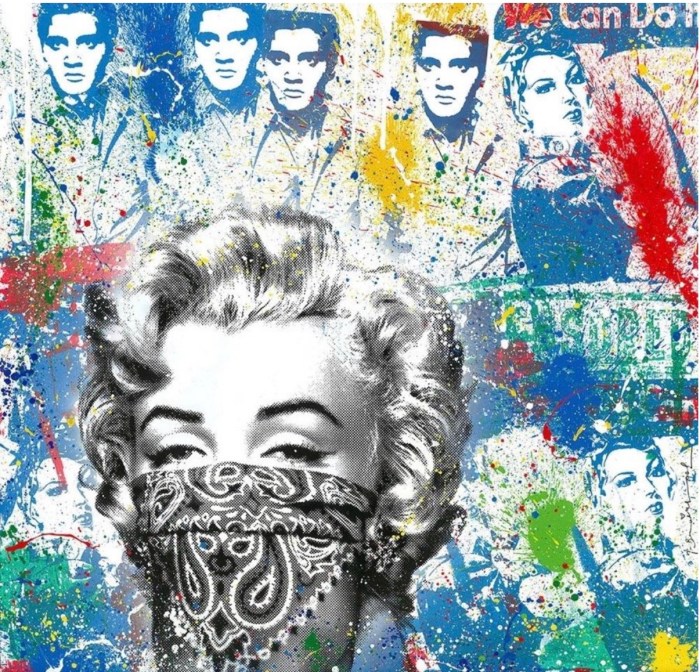Svante Pääbo and Carolyn Bertozzi were announced as 2022 Nobel Prize winners for their scientific discoveries, making them the first out queer scientists in recent history to join the list of known LGBTQ Nobel laureates.
Swedish geneticist Pääbo, a 67-year-old bisexual man, was awarded the 2022 Nobel Prize in physiology or medicine “for his discoveries concerning the genomes of extinct hominins and human evolution,” Nobel Assembly Secretary-General Thomas Perlmann announced on October 3.
Two days later, Perlmann announced Bertozzi, a 56-year-old lesbian who works as a Stanford University chemistry professor, was one of three chemists awarded the 2022 Nobel Prize in chemistry. Bertozzi shared the honor with University of Copenhagen professor Morten Meldal and Scripps Research professor and 1968 Stanford alumnus K. Barry Sharpless, Ph.D. (his second Nobel; his first was awarded in 2001), for their work on “the development of click chemistry and bioorthogonal chemistry.”
Nobel Prizes are announced every October. The prizes are awarded in humanitarian causes, physics, chemistry, physiology or medicine, literature, peace, and economic sciences.
The queer scientists are still in disbelief about winning the award.
“This can’t be true,” Pääbo wrote to Gay City News in an email after winning the award. “I have not really digested it yet.”
Bertozzi said Adam Smith, chief scientific officer at Nobel Prize Outreach, broke the news to her during a 1:43 a.m. call October 5. She said she spent some time trying to figure out “if it’s real or some weird middle-of-the-night hallucination or something.”
“I was like, ‘Oh my God, this cannot be happening,’” Bertozzi said.
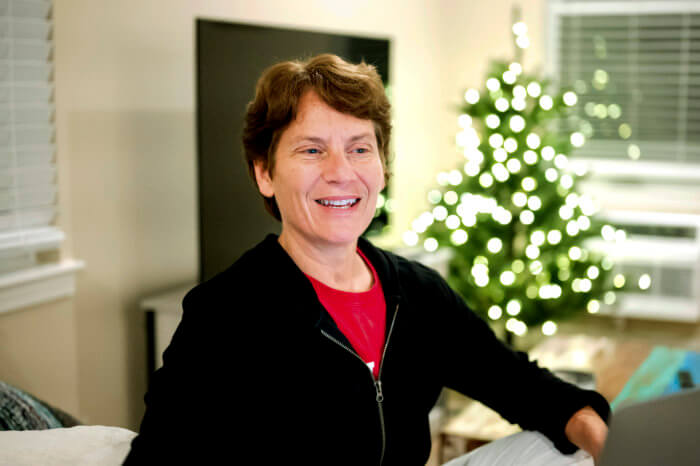
Since then, her life has been “totally surreal,” she said, describing it as “a total blur of craziness.”
The platform she’s been given, she said, presents an “opportunity to cast the light on all the wonderful things that chemists bring to the world.”
Making the list
Bertozzi and Pääbo join a list of under a dozen known out queer Nobel laureates out of 943 people in the prize’s more than 125-year history. The victories came one year after Filipina-American lesbian journalist Maria Ressa jointly won the Nobel Peace Prize with Russian publisher and editor Dmitry Muratov for their work defending freedom of expression in the Philippines and Russia, respectively. Muratov co-founded and is the editor of Novaya Gazeta, the Russian newspaper that broke the news about Chechnya’s so-called “gay purge” in April 2017.
Accomplishments
Bertozzi is the eighth woman out of 189 people to receive the prize for chemistry, Smith noted during the call.
Bertozzi, who is also the director of Stanford’s Chemistry, Engineering and Medicine for Human Health institute, a.k.a. Sarafan ChEM-H, founded the new scientific field known as bioorthogonal chemistry in 2003. At the time, she was a professor at the University of California at Berkeley.
Bertozzi went to Berkeley for graduate school after getting her undergraduate degree in chemistry from Harvard in 1986. She stayed on at Berkeley as a professor for 19 years until she moved to Stanford for research and entrepreneurial opportunities in 2015. In six years, she’s co-founded eight biomedical start-ups focused mostly on sugar-based diagnostics or therapeutics, according to Stanford Magazine. Two of the companies, Grace Science and Palleon Pharmaceuticals have a therapy and a drug entering clinical trials in 2023 and this year, respectively.
Bioorthogonal chemistry allows chemists to study and create molecules to send on a specific mission inside a living organism without disrupting other cells or the environment. Chemists are using the method for cancer treatments, COVID-19, and other diseases.
She and her team were able to develop molecules to target COVID-19-infected cells to “kind of quench this toxic inflammatory reaction,” in patients suffering from acute respiratory distress syndrome, she explained.
Similarly, Pääbo and his team at the Max Planck Institute for Evolutionary Anthropology discovered that people with a higher percentage of Neanderthal DNA were more likely to become severely ill with COVID-19. Their findings helped scientists respond better to treating newly infected COVID-19 patients.
Pääbo founded the institute in Leipzig, Germany in 1999. He helped found the study of paleogenetics, the study of prehistoric humans and Neanderthals using ancient genetic materials. He and his team discovered a new human species called the Denisovans, which helped map the evolution of humans and trace their migration.
His father, biochemist Sune Bergstrom, won the Nobel Prize in 1982. However, Svante Pääbo credits his mother, the late chemist Karin Pääbo, for encouraging his interests in archaeology and science.
Pääbo writes about his sexuality, family, and work in his 2014 memoir, “Neanderthal Man – In Search of Lost Genomes.”
Inspiration
Bertozzi and Pääbo are motivating the next generation of queer scientists.
Bertozzi was a “a long time personal and scientific role model of mine,” said Gabby Tender, a fifth-year chemistry Ph.D. student who is one of the more than 250 undergraduates, graduate students, and postdoctoral fellows who are advised by Bertozzi, according to an October 5 Stanford news release.
“She has given talks about her personal and professional experiences to young queer scientists on campus, making many of us feeling both supported and heard,” Tender said.
Bertozzi and Pääbo recognize they are privileged to live as their true selves and be celebrated. That’s not the reality for LGBTQ people in many parts of the world. They recognize that they are examples for others.
“I think it is important to be open about who we are — both for our own sense of self and others.” wrote Pääbo.
Bertozzi added: “Hopefully, the light shines a little brighter for queers around the world.”
Nobel Prize laureates receive $900,000, a diploma, and a gold medal at a ceremony in Stockholm, Sweden’s capital, on December 10.

